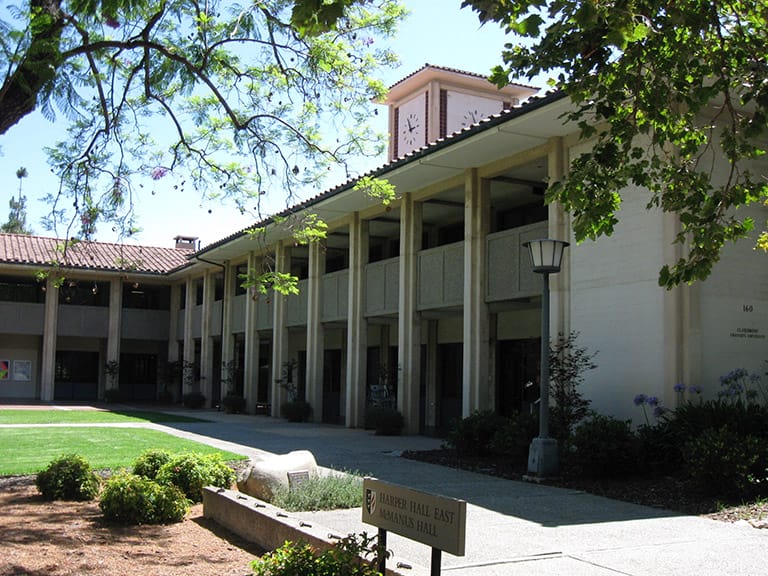Drucker School Ranks in Top 50, Top 100 Eduniversal Categories

In a recent study of graduate business programs conducted by the Eduniversal Group, the Drucker School of Management has been ranked in the top 50 and top 100 categories in several areas, including the competitive MBA and Executive MBA fields.
While other higher education rankings—for instance, the annual findings released by US News & World Report—focus specifically on U.S. institutions of higher learning, the French-based Eduniversal Group casts an even wider net, offering an annual assessment of some 4,000 master’s and related business programs around the world.
For Drucker Dean Jenny Darroch, the school’s placements against an international pool of competitors reflect the singular strengths of the Drucker School’s programs.
“We are thrilled that the quality of our programs has been recognized in Eduniversal’s latest rankings,” Darroch said. “We are a small, hardworking, optimistic school with a ‘little engine that could’ attitude. We are so pleased to have this recognition as the 2016–2017 academic year comes to an end. This is the way to finish the semester on a high note.”
According to Eduniversal, Drucker’s Executive MBA program ranks at No. 38, while the MBA program ranks in a separate category at No. 39. Right behind Drucker are the business schools at Seton Hall and Santa Clara, among other universities. Eduniversal also uses a numbered tier system with “palmes of excellence” for each school.
Other Drucker programs in this year’s rankings include arts management and financial engineering. Darroch credits the school’s ranking success to the faculty, who are constantly innovating in order to provide “the best training possible to ensure managers are having an optimal impact on the practice of management.”
View the complete list of Drucker’s Eduniversal rankings.
Drucker Distilled
Peter Drucker’s seminal early book The End of Economic Man was published 77 years ago in 1939. Do his theories still apply today? Drucker Dean Jenny Darroch tackles the question in her latest entry for The Huffington Post, The Drucker School of Thought: Distilling Drucker’s Work into Five Principles.
“Why are some theories considered classic and others outdated?” she asks.
Darroch identifies five key principles in Drucker’s writings that demonstrate why his work endures.
The first two principles underscore Peter Drucker’s concern for areas far beyond a company’s bottom line: a positive impact on society and empowering employees to realize their gifts and human potential. “Drucker,” writes Darroch, “reminded managers that their responsibility extends beyond simply providing people with an income.”
What are the other three principles? Find out here.